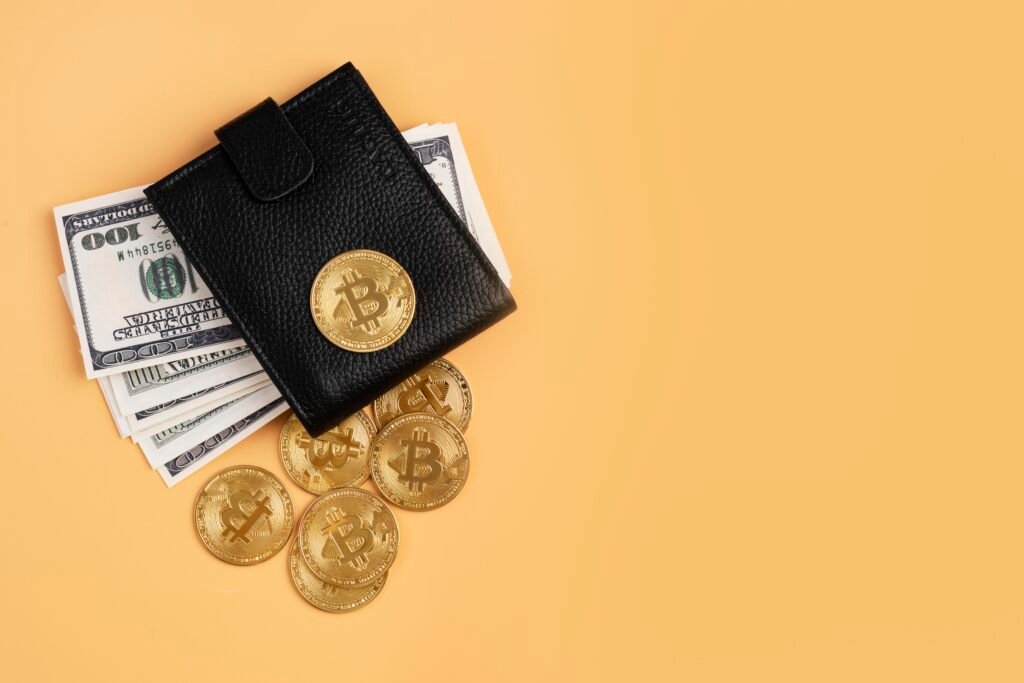In the crypto world, secure management of assets is the most important thing, and a key choice might be the decision between hot and cold wallets for every owner of crypto assets. Thus, in spite of the fact that hot wallets allow the owner to be online and give fast and convenient access to your digital assets, they are perfect for those people who operate with their assets pretty frequently. By contrast, cold wallets are offline ones that lean towards security, as they keep funds aside from probable online threats.
That distinction is replete with different levels of accessibility and security, with various needs and usages. Identifying these differences helps users establish which form of wallet works with their aims of either having easy access or needing robust security. Let’s have a closer look at how hot and cold wallets weigh, looking into advantages, disadvantages, and appropriate use cases.
What are Cryptocurrency Hot Wallets?
A cryptocurrency hot wallet is a digital wallet connected online, enabling you to access your assets in the twinkling of an eye. In contrast to cold wallets, cryptocurrencies are stored offline. In this case, with hot wallets, your wallet is kept online rather than being cold-stored. These have been used for smaller sums a specific person needs immediately or usually on regular occasions: purchasing goods, transferring money to someone else, normally trading on different exchanges.
Hot wallets can take the forms of software applications on your phone or computer, basically even web-based, hosted by exchanges. It includes mobile wallets, desktop wallets, and web wallets, all of which afford users the facility for storing, sending, and receiving cryptocurrencies without needing to attach any physical devices. Inasmuch as comfortable and faster means are concerned, all these wallets do bear certain risks. Because they connect to the Internet, they are susceptible to hacking attempts, malware, and phishing attacks-so they are a little more susceptible than cold wallets. However, that convenience doesn’t make these risks significant enough to keep them from being the user’s favored option if they need easy, frequent access to their crypto asset.
Understanding Cold Wallets
Unlike hot wallets, cold wallets are completely offline storage solutions for cryptocurrencies; they ensure the highest level of security because that keeps the digital assets far away from any device connected to the internet, and under this approach, the risk of hacking and internet attacks goes quite low. Cold wallets are, to a great extent, designed for long-term storage. Normally, it would be your best option in cases where one needs to protect larger sums of cryptocurrency that you do not need either immediate access to or undertake the need for frequent transactions with.
Major types of cold wallets are hardware-based wallets and paper wallets. Hardware wallets are physical devices that store your respective private keys and your cryptocurrency information offline from any digital channel. They are compact, safe, and can be connected only when required with a computer or mobile device. Paper wallets are just a physical print of your cryptocurrency private keys and public addresses, offering an even more basic form of offline storage. Although the cold wallet does not have the convenience of a hot wallet, in terms of security, they are not vulnerable as they are not exposed to online platform vulnerabilities. Many users prefer storing their cryptocurrencies in cold wallets over longer periods, especially when they are not trading or spending their assets.
Security Comparison- Hot vs. Cold Wallets

The most remarkable difference between hot and cold wallets consists in their security: whereas hot wallets are online all the time, it may be very comfortable for fast access to your cryptocurrencies; on the one hand, it makes hot wallets vulnerable to every kind of online threat. These wallets become more prone to hacking, phishing attacks, and malware infections. Since hot wallets have to be kept online with private keys, that makes them the easiest target for cybercriminals who want your funds. If hackers access your hot wallet, it is easy for them to transfer your cryptocurrencies into their wallets.
On the other hand, cold wallets are much safer because they are offline. By contrast, cold wallets are protected from any sort of online threat because all their private keys and data of the amount of cryptocurrency are kept on devices that have never known the internet. In that case, even when the hacker accesses your computer or mobile phone, he would not be able to get hold of funds stored in a cold wallet unless he has physical possession of the device with either the private keys or the paper. This would make cold wallets perfect in the case of long-term storage, specifically for huge amounts of cryptocurrency that you don’t necessarily use too often.
Although cold wallets are very safe from all online threats, they also come with some risks. For example, loss and theft of a hardware or paper wallet could mean permanent, irretrievable loss of cryptocurrency. On the same note, it requires users to make backup copies of the cold wallets and securely store them, failure to which they may lose access to their cryptocurrency due to accidental damage or loss. In spite of these risks, cold wallets are considered the most viable option for protection-conscious users looking to secure their assets for an extended period.
In a nutshell, hot wallets allow easiness of use and access, while cold wallets provide the best security against digital threats. Your choice depends on what you value more: access or long-term security.
Accessibility and Convenience
Speaking of accessibility and convenience, hot wallets are the undisputed winner. Since hot wallets are online, one can access cryptocurrencies from anywhere in the world with just a few clicks. Whether you are trading on an exchange, paying for goods, or transferring funds to another wallet, hot wallets offer unmatched ease of use. Their quick access makes them ideal for frequent traders, buyers, and people transferring crypto between wallets.
Hot wallets come in various forms, such as mobile apps, desktop apps, and web-based wallets, all of which are easy to set up and use. Many feature user-friendly interfaces with useful tools like portfolio tracking, exchange integrations, and quick transaction confirmations. For those who need fast and easy access to cryptocurrency, hot wallets are the go-to choice.
Cold wallets, on the other hand, achieve security at the expense of convenience. Since they are offline, cold wallets require a physical action to access and use the stored cryptocurrency. For example, with a hardware wallet, you need to connect the device to a computer or mobile device to start a transaction, which can take time. Paper wallets are even less convenient, as you have to enter information manually into a wallet interface for any transaction.
For people who only need to access their funds occasionally, these extra steps may not be a big issue. However, if you need quick, frequent access to your cryptocurrency, this process can feel slow and less convenient compared to the instant access of hot wallets. Hot wallets are ideal for users who use their crypto often, while cold wallets are better for those who prioritize security over ease of use.
Final Thoughts
In the end, it all depends on your needs and priorities: hot wallets or cold wallets? Hot wallets are best for convenience and quick access, ideal for active traders or people who use their cryptocurrency often. However, they are more exposed to online threats. Cold wallets, on the other hand, are much more secure because they keep your assets offline, making them perfect for long-term storage and safeguarding larger amounts of cryptocurrency. Although less accessible and requiring more effort to use, their offline nature protects them from hacking and cyber risks. Ultimately, balancing security and convenience will help you find the right wallet whether you prefer easy access or a secure, long-term solution.


